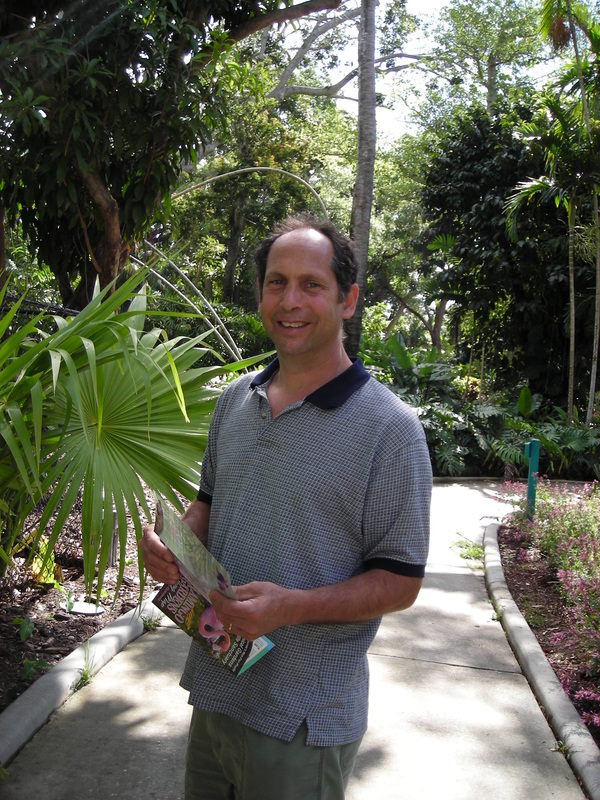Case 9 Daitsû Chishõ Buddha
A monk asked Kõyõ Seijõ, "Daitsû Chishõ Buddha sat in zazen for ten kalpas and could not attain Buddhahood. He did not become a Buddha. How could this be?"
Seijõ said, "Your question is quite self-explanatory."
The monk asked, "He meditated so long; why could he not attain Buddhahood?"
Seijõ said, "Because he did not become a Buddha."
Mumon's Comment
I allow the barbarian's realization, but I do not allow his understanding.
When an ignorant man realizes it, he is a sage.
When a sage understands it, he is ignorant.
Mumon's Verse 頌曰
Better emancipate your mind than your body;
When the mind is emancipated, the body is free,
When both body and mind are emancipated,
Even gods and spirits ignore worldly power.
This koan is only subtly different from case 8. Again it is about samadhi though it has a different flavor from other koans. I have written in previous commentaries we must go back again and again to samadhi. As the experience of samadhi permeates our being it does it's work. All sense of self importance slowly dissolves. We may dream about becoming enlightened. We might think that to be a Buddha is the most exalted thing. Wouldn't it be wonderful to always be happy, to have had amazing transcendent experiences and maybe even accumulate some of those special powers which Buddha's are reputed to have? In the end we are all human beings just trying to do our best in a world we can never fully understand. Dogen put it this way:
When dharma does not fill your whole body and mind, you think it is already sufficient. When dharma fills your body and mind, you understand that something is missing.
What is missing? Completion is missing, practice is a never ending road.
My local Buddhist scholar and translator told me that in the years after the Buddha's death, many philosophic schools arose trying to determine what in our experience as humans is real and what is illusion resulting from thought and what is permanent and what is impermanent. Shakaymuni's teaching on impermanence and non-atman was not unquestioningly accepted, even by those who were following in his path. Eventually the Mahayana school arose and the Prajanaparamita Sutras were written repackaging the Buddha's teachings in new language. This is the language of Emptiness (Sunyata in Sanskrit). The Heart Sutra very explicitly takes what previous philosophers had catagorized as real or perminent and applied this word "emptiness" to them. Emptiness in the Buddhist context is a difficult word to grasp, it can have multiple meanings. Things are empty because they are imperminent. They are also empty because they are artificially discriminated from the larger One. All catagories are also empty because they are atrificial products of our thought. All of this intellectual understanding of emptiness is fine but as Zen practitioners emptiness is to be experienced. We are now back to samadhi.
The catch in this koan is the idea of being a Buddha. We think of this as something very special. It is the result of years of meditation. Chiso has put in those many years of meditation and more. We even call Chiso a Buddha but in this koan he is not a Buddha and why? Is being a Buddha just another attachment to an empty concept? We sit in meditation so that we can clear our mind of all delusive thinking. Do Buddha's exist when we are in samadhi? Do we exist? We must clarify these questions through the experience of emptiness/samadhi.
Sometimes I run into an individual or a whole Sangha who believe that the greatest insight we can have in Zen is that there is nothing to acheive. This idea seems to go with the "practice enlightenment" idea of the Soto school, though I think this is a grevious missinterpretation. We should understand that there is actually much acheived throught practice but if we are filled with the desire to acheive something through practice then this is just another barrier, and if there is no thought of acheivement then this can also be a barrier. This is the edge one must walk in practice. We should not stop desiring to go deeper in our practice yet in deep samadhi there is no thought of acheivement. In Samadhi there is no thought of being a Buddha or not being a Buddha. It is through samadhi that we can understand that being a Buddha is just another idea and also simultaniously that from the beginning we have never been seperated from the Buddha, and thus are already Buddhas

 RSS Feed
RSS Feed